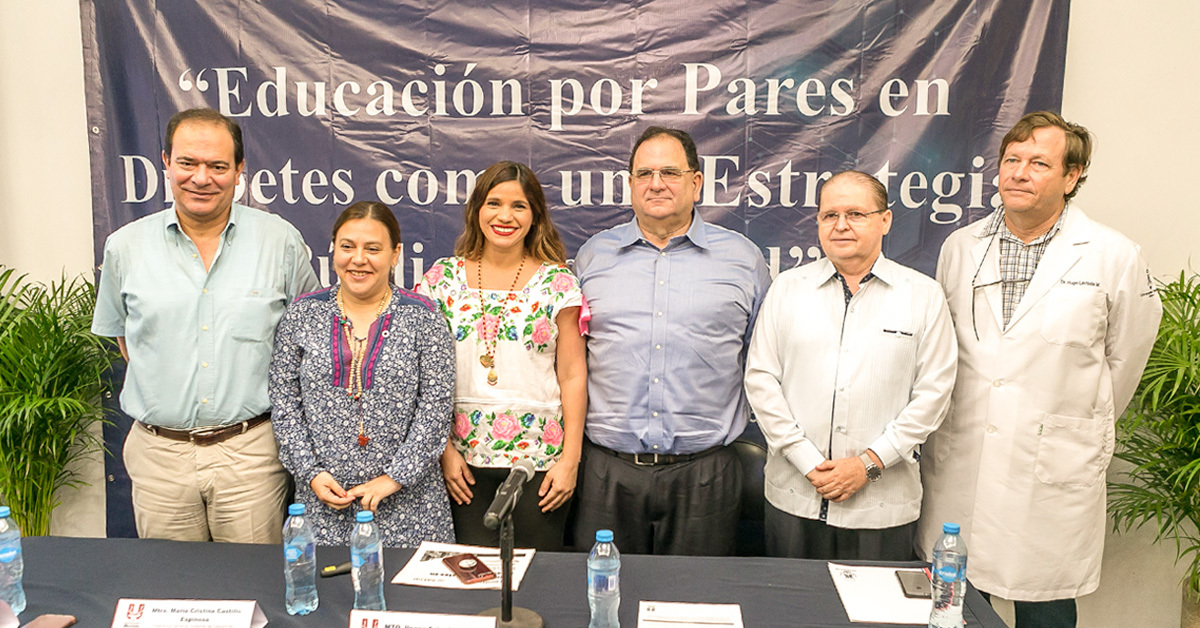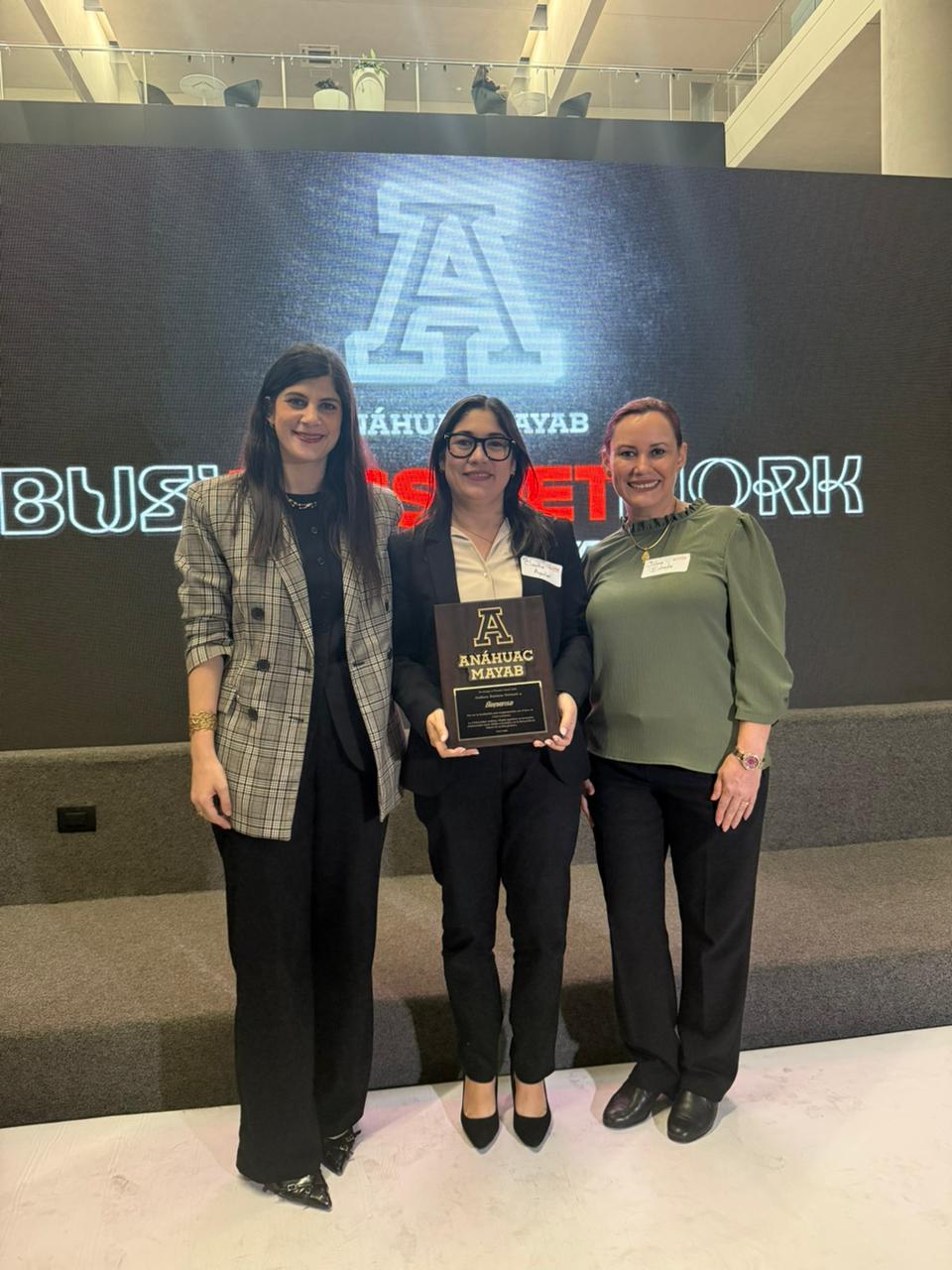The Bepensa Foundation and Marist University have submitted the "Peer-to-Peer Diabetes Education" program to the Ministry of Health and the state DIF (District of Inclusion), with the goal of adopting it for implementation in their institutions.
Type 2 diabetes mellitus is a growing global problem, which translates into increased healthcare costs, especially when the disease is not adequately controlled and impacts the quality of life of patients and their families.
A fundamental tool in the detection and management of this disease is ongoing education. Therefore, as part of Bepensa and the Bepensa Foundation's commitment to the health of the people living in the communities where it operates, the diabetes education program has been consistently supported since 2015.
Thanks to this ongoing support, the Human Metabolism and Nutrition Research Line at Marist University of Mérida has researched and refined a peer-led diabetes education model, implemented for the first time in our country. This model has demonstrated the effectiveness of peer-led interventions in reducing body weight, lowering glucose and glycosylated hemoglobin levels, improving eating patterns, and measuring the quality of life of people who already have diabetes in communities outside of Mérida.
During the press conference, it was explained that this community program aims to train and empower community leaders with diabetes through educational means. This allows them to collaborate in the education of other people with diabetes (their peers), generating networks of social interaction that reinforce the empowerment that allows them to take control of their own disease. This has a positive impact on preventing serious health complications and reducing the economic, social, and hospital impact of the disease, improving their quality of life and, in turn, that of their peers.
The event was attended by MTO. Ileana Fajardo Niquete, Director of Nutrition and Chronic Diseases, Health Services of Yucatán; Mtra. María Cristina Castillo Espinosa, General Director of the Yucatán DIF System; MNC. Leticia Mena Macossay, Director of Community Development and Food, Yucatán DIF System; Lic. Fernando Ponce Díaz, President of the Bepensa Foundation; MI Miguel Ángel Pérez Baquedano, Rector of the Marist University of Mérida; Dr. Luis Alberto Méndez Trujeque, Director of the School of Health Sciences; Dr. Hugo Antonio Laviada Molina, Research Professor at the Marist University of Mérida and project leader.
In this new phase, the Ministry of Health and the state DIF plan to adopt the "Peer-Based Diabetes Education" model to implement it in their institutions, demonstrating once again that Yucatán is a pioneering and innovative state, where the health and well-being of its families is of great importance.
With partnerships like this, between government, the private sector, and academia, positive and decisive actions can be taken to promote the well-being of citizens.



